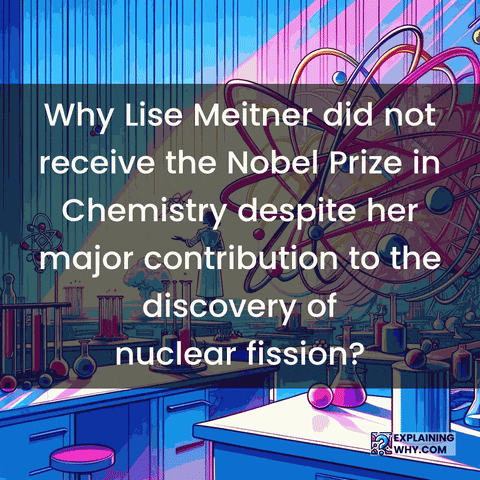
Title: Nobel Prize in Chemistry Awarded to Architects of Metal-Organic Frameworks – A Revolutionary Breakthrough in Material Science The recent announcement of the Nobel Prize in Chemistry has once again proven that science continues to push boundaries and challenge our understanding of the world. This year, the prestigious award was given to Susumu Kitagawa, Richard Robson, and Omar Yaghi for their groundbreaking work on metal-organic frameworks (MOFs). These architects of molecular structures have revolutionized material science with their innovative approach to creating porous materials that can be used in a wide range of applications. Metal-organic frameworks are intricate, crystalline structures composed of metal ions or clusters connected by organic molecules. They possess unique properties such as high surface area and tunable pore size, making them ideal candidates for various purposes like gas storage, drug delivery systems, and catalysis. The development of MOFs has opened up new possibilities in the fields of energy, environment, and healthcare. The historical context behind this discovery is significant because it marks a departure from traditional methods used to create porous materials. Prior to MOFs, scientists relied on zeolites or activated carbon for similar applications. However, these materials had limitations when it came to customization and performance. With the advent of MOFs, researchers now have an extensive toolbox at their disposal to design materials tailored to specific needs. The potential implications of this breakthrough are vast and far-reaching. For instance, in the energy sector, MOFs can be used as efficient adsorbents for capturing carbon dioxide emissions from power plants or industrial processes. This could significantly contribute towards reducing greenhouse gas emissions and mitigating climate change. In healthcare, these frameworks may serve as drug delivery systems that target specific cells within the body while minimizing side effects on healthy tissues. From a personal perspective, I believe this Nobel Prize-winning innovation is not only significant but also inspiring. It serves as a reminder of how interconnected science disciplines are and highlights the importance of collaboration among researchers from different fields. The development of MOFs demonstrates that by thinking outside the box and challenging conventional wisdom, we can create groundbreaking solutions to some of humanity’s most pressing challenges. In conclusion, the Nobel Prize in Chemistry awarded to Susumu Kitagawa, Richard Robson, and Omar Yaghi is a testament to human ingenuity and our relentless pursuit of knowledge. The discovery of metal-organic frameworks has opened up new avenues for research and innovation across various industries, paving the way for a brighter future powered by science and technology.
Source: [Original Article](https://www.nytimes.com/2025/10/08/science/nobel-prize-chemistry.html)
#nobel
Check out my AI projects on Hugging Face, join our community on Discord, and explore my services at GhostAI!

